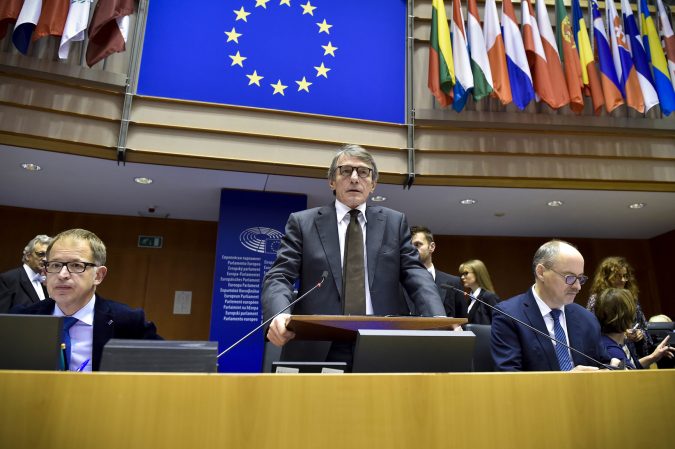The European Parliament adopted its own initiative report on the Farm to Fork strategy earlier this week. This strategy forms the basis of the green transition within the agricultural and food production sector and aims to make the EU’s food systems fair, healthy and environmentally friendly.
In May last year, the European Commission proposed the Farm to Fork (F2F) strategy. This controversial plan includes 27 legislative proposals for a green transition within the agricultural and food production sector and aims to make the EU’s food systems fair, healthy and environmentally friendly. The Farm to Fork strategy is very broad, with proposals ranging from reducing antibiotic and pesticide use, increasing the share of organic farming, improving animal welfare, circular economy, new labelling, local food, commitment to healthy lifestyles and tackling food waste.
The ‘Farm to Fork’ strategy was adopted with a broad majority of 452 votes in favour, 170 against and 76 abstentions. The European Commission must translate the strategy into concrete legislative proposals in the coming years. However, the MEPs explicitly call on the Commission to make more efforts to strengthen the position of (young) European farmers.
“The responsibility for a more sustainable agriculture must be a joint effort between farmers and consumers,” said Herbert Dorfmann (EPP, IT), rapporteur for the Committee on Agriculture and Rural Development. “Our farmers are already doing a fantastic job, so when we rightly ask them to further reduce their use of pesticides, fertilisers and antibiotics, we must support them so that production does not simply move outside the EU. Ensuring the availability of food at reasonable prices must remain a priority.”
“I am pleased that this initiative report was adopted today. The Farm to Fork strategy does not shy away from taboos, and that is good because we need an ambitious strategy to make the food chain more sustainable. But ambition must be counterbalanced by the necessary support and alternatives, and sustainability must go hand in hand with viability, or else the European agricultural sector will eventually be finished,” says Hilde Vautmans, MEP and member of the Agriculture Committee. However, she is also critical: “The withheld study by the European Commission on the consequences of the Farm to Fork strategy on the agricultural sector has shown us this more than ever. The European Parliament is therefore making many recommendations today to give European farmers a more central role in achieving environmental objectives, but with a framework that enables them to turn sustainable agriculture into an economically viable business model.”
Jan Huitema (Renew, NL) also echoed critical remarks: “Every hectare of farmland counts. I am certainly not against the ambition to use fewer crop protection agents and less artificial fertiliser. But then it is important that we have alternatives to make optimal use of our agricultural land. An important alternative to artificial fertiliser is – quite logically – animal manure. Yet there is European legislation that prevents farmers from using their own animal manure optimally for their crops and forces them to use more artificial fertiliser. That is the world upside down.”
Photo:

